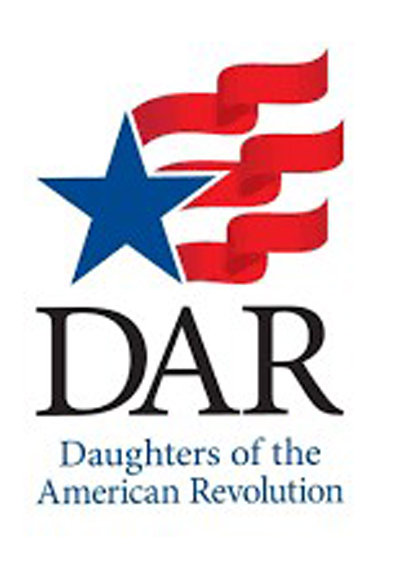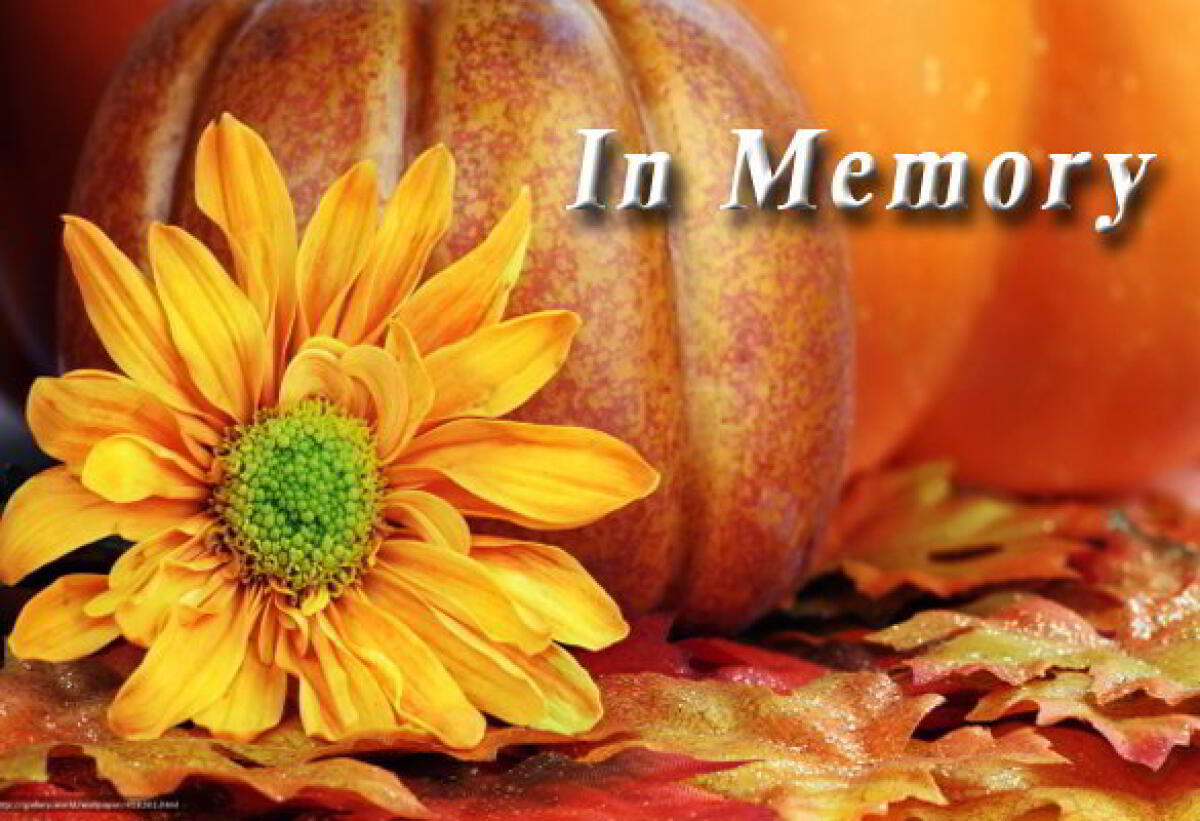- Wednesday, 11 February 2026
- Have a HOT TIP? Call 704-276-6587 or E-mail us At LH@LincolnHerald.com
Leading Up To The Edenton Tea Party
Another article from the SAR and DAR leading up to America's 250th birthday in 2026.

(Public Domain Graphic)
Tea was important to colonists for a couple of reasons. Drinking tea was safer than drinking water, although they did not know at that time that it destroyed bacteria and germs in the water. It was also a sign of sophistication and luxury. In addition, it was a long-standing daily tradition of the British, and colonial social events "were defined by the amount and quality of tea provided". This social aspect to the drinking of tea was commonplace in British and colonial American Society.
By 1773, the British East India Company was in danger of going bankrupt. To help the East India Company, Parliament passed the Tea Act of 1773. This law allowed the company to sell tea directly to the colonists without having to use middlemen. This made their prices so low that they were cheaper than any other foreign seller, even with the taxes. The government probably expected that the colonists would be happy to have perfectly legal, very cheap tea to buy. Instead, the colonists were furious at what they saw as further abuse of power, and new protests swept the colonies. The Boston Tea Party is the most famous Tea Act protest.
That is what most people in the modern US hear the words Tea Party…their minds typically wander into the American Revolution where the Sons of Liberty poorly disguised themselves as Native Americans and threw tea worth the equivalent of millions of dollars in today’s money into the Boston Harbor. These men disguised themselves because showing their identity could mean their livelihood – or even their lives. But there is another tea party that was just as meaningful if not more so…
The First Continental Congress had passed non-importation resolutions in 1774 to boycott British teas and textiles. This resolution was passed by men, but men did not manage the household, do the shopping, the sewing or prepared the meals. This was considered the work of the women. Since women would be required to find substitutes for British tea, cloth, and other taxed goods, it was crucial to have their support during the boycotts and protests organized and popularized by men.
On the 25th of October 1774, 51 women in Edenton North Carolina organized a full boycott all English tea and cloth in opposition to the British Parliament’s 1773 Tea Act affirming their support for the first North Carolina Provincial Congress' decision to boycott of British goods to protest the Crown's mistreatment of the American Colonies. This was not only significant because this protest was led by women, but Edenton was an international port for the transit of goods between the Colony of North Carolina, Europe, and the West Indies. Furthermore, these women didn’t do this behind a mask, these women put their names, along with their reputations and potentially even their lives, on the dotted line. And not just their names – their husband’s lives were also at stake. Remember, in those days, women didn’t have rights, and their husbands were responsible for their behavior.
At that time, the ideal woman was "fragile, fair, not particularly bright, and certainly not interested in public affairs". It was expected that woman would marry and have children, and thus focus on their roles as wives and mothers over sometimes short lives, and to the exclusion of being involved in political issues. By the 18th century, many women were able to read newspapers, which were published more in a more widespread than earlier. Through the newspapers, women learned about political affairs. Protesting and boycotting allowed women opportunities to act as patriots, standing with men on this political issue.
North Carolinians have a rebellious streak – the British would find out over and over again in the next several years. In that day and age just as today, citizens resisted high taxation and demanded economic autonomy. In 1774 though, that streak was unusual in women, even dangerous. They risked their lives and livelihoods by raising their voices. According to The North Carolina History Project, their rebellion defied gender roles and the British thought it insubordinate and lawless. They dismissed the Edenton Tea Party as insignificant but did so at their own peril.
Penelope Barker led these women who signed that letter inspired others throughout the colonies. The wives of merchants and lawyers, they made rebellion acceptable in polite society. But not of these women all were married socialites – some were minors and widows. The youngest signer was 14 year old Mary Creecy and the eldest was 70 year old Sarah Beasley. “Tea parties” began popping up elsewhere. The Annapolis Tea Party and the Edenton Tea Party happened in October of 1774; the Charleston Tea Party and the Yorktown Tea Party happened just a month later in November of 1774. It was a grassroots groundswell. The Edenton Tea Party became a rallying cry for independence and self-governance, reinforcing the notion that ordinary citizens could collectively stand up against injustice and tyranny.
The women’s action was also a political first. Before the 1770s, women did not sign petitions. But in Edenton, politically aware women expressed publicly not only a love for their families but also for liberty and for country. Penelope Barker most likely reminded them that they played an integral part of any attempt to create a virtuous republic.
During the early 1770s, Whiggish men (those who supported the colonies) frequently blamed their spouses, mother, sisters, and daughters for preventing the creation of a distinct American culture. They would rather annul an American boycott, the story goes, than divorce English tea or clothes. The Edenton Tea Party petition proved otherwise, for the Edenton women boycotted English goods and alerted King George III that they had done so.
While today, political engagement by women is common and expected, Penelope Barker and these 51 women laid that foundation in 1774 and galvanized the values of equality and justice in our national psyche. Their seemingly simple act of defiance symbolizes the spirit of independence and resistance that eventually led to the founding of the United States. It would’ve been easier for these ladies to conform to gender roles — to pay more for tea, groceries, and the things her household needed, just to keep the peace. Barker and these ladies did not do that. They saw what high taxes by a strong-arm government did to their community and fought back.
American values of individual rights and economic autonomy were engrained in our society by people like Penelope Barker. In the 200 years since, they have proven to be our country’s greatest exports, permeating societies around the world. We’ve all heard that well-behaved women don’t make history. Penelope Barker and those North Carolina women did more than that; they changed history.

 Jennifer Baker, DAR Vesuvius Furnace
Jennifer Baker, DAR Vesuvius Furnace















